Vitamin B12
Vitamin B12 can be obtained through its synthesis by intestinal flora, from animal-based or fortified foods, or from supplementation. Unlike most other water-soluble vitamins, vitamin B12 (4 to 6 mg) is bound to a protein and stored in the liver as methylcobalamin or 5’-deoxyadenosylcobalamin. These are the coenzyme forms of B12 that are active in human metabolism. Reserve stores of B12 can become depleted due to poor dietary intake without supplementation, lack of intrinsic factor, or poor intestinal absorption.
Many vitamin B12 supplements on the market contain cyanocobalamin. The liver is able to convert a small amount of cyanocobalamin to methylcobalamin; however, methylcobalamin is the preferred form since it is the bioactive form and therefore better utilized. In a research study, tissue retention of cobalamin was greater when using the methyl- form versus the cyano- form. This was exemplified by the fact that urinary excretion of methylcobalamin was one-third less that of cyanocobalamin.[1] Another point of interest regarding B12 supplementation is the commonly held belief that intramuscular injections of B12 are more effective than oral supplementation. In fact, oral supplementation is just as effective and carries the added benefits of lower cost and ease of administration
Directions: Take one quick-dissolve tablet as directed by your healthcare practitioner.
Consult your healthcare practitioner prior to use. Individuals taking medication should discuss potential interactions with their healthcare practitioner. Do not use if tamper seal is damaged.
Does Not Contain: Wheat, gluten, yeast, soy, animal or dairy products, fish, shellfish, peanuts, tree nuts, egg, ingredients derived from genetically modified organisms (GMOs), artificial colors, artificial sweeteners, or artificial preservatives.
Dose is 1 Quick-Dissolve Tablet of 5,000 mcg Vitamin B12 (methylcobalamin)
1 Bottle Contains 60 tablets
That's a 2 month supply!

